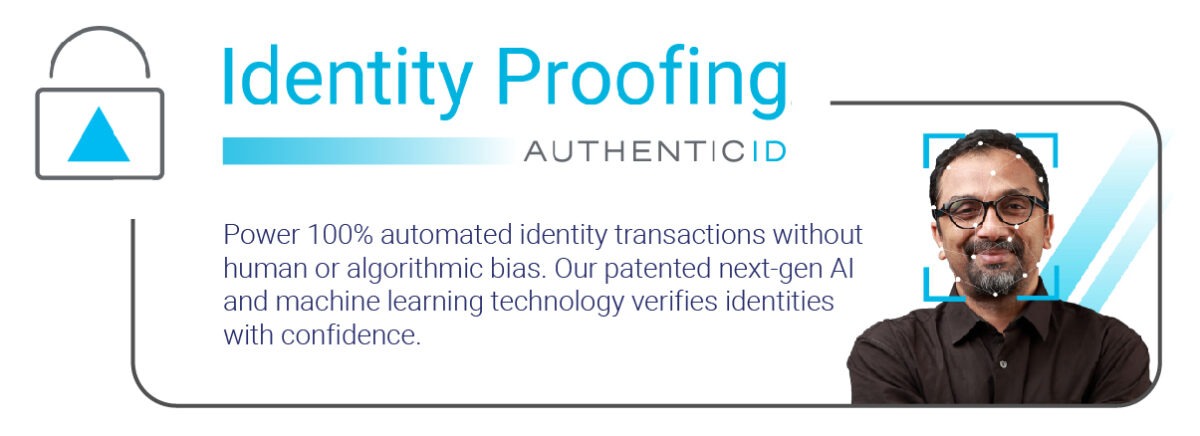The Financial Transactions and Reports Analysis Centre of Canada (FINTRAC) is Canada’s financial intelligence unit that is responsible for monitoring and investigating financial transactions. The purpose of the organization is to detect and prevent money laundering, terrorist financing, and other financial crimes.
In December 2001, the Proceeds of Crime (Money Laundering) and Terrorist Financing Act (PCMLTFA) went into effect as an amendment of the existing Proceeds of Crime (Money Laundering) Act, supporting the efforts of the FINTRAC as they combat financial crimes in the country.
As you continue reading below, we will explain what the PCMLTFA is, what the implications are of this piece of legislation, and how this law is enforced to give you a better idea of how it may apply to your organization.
What is the PCMLTFA?
PCMLTFA is a Canadian law that provides a legal framework for anti-money laundering (AML) and counter-terrorist financing in Canada. This law provides the obligations, requirements, and reporting measures that different entities in the country must follow to help curb related crimes.
The overall goal of the PCMLTFA is to implement measures that deter and detect money laundering and terrorist financing and to support the investigation and prosecution of such crimes.
Who Does the PCMFLTA Apply to?
The PCMLTFA establishes certain organizations as reporting entities that must comply with the requirements of this law. Such organizations span a range of sectors in Canada, including:
- Financial Institutions: banks, credit unions, trust companies, other financial institutions
- Securities Dealers: brokerage firms and other securities dealers
- Money Services: money transfer firms, currency exchanges, prepaid card services
- Casinos/Gaming Organizations: casinos, gambling houses, other gambling establishments
- Accountants/Legal Professionals: lawyers, notaries, accountants, and other legal professionals must follow reporting requirements when dealing with clients’ financial transactions
- Real Estate: brokers, agents, and developers may have obligations under the PCMLTFA
- Precious Metals/Gems Dealers: businesses that take part in the sale of precious metals, gemstones, or jewelry may be required to comply with PCMLTFA regulations
Implications of the PCMFLTA
This law established reporting requirements for the reporting entities listed above as it relates to possible financial crimes like money laundering and terrorist financing. These reporting entities must meet the established record-keeping and client-identification requirements as laid out in the law, like reporting the following:
- Suspicious financial transactions (any transactions that they suspect may be related to money laundering or terrorist financing)
- Large cash transactions
- Cross-border transactions of currency and monetary instruments
Further, reporting entities must conduct customer due diligence procedures to verify the identity of their clients and the potential risks associated with serving them. Under the PCMFLTA, enhanced due diligence is required for high-risk clients.
The law also calls for comprehensive record-keeping by reporting entities, which covers all transactions, identifying documents, and customer due diligence documentation for a specified period of time. This helps support law enforcement officials by providing them with pertinent information should they need to investigate and prosecute money laundering or terrorist financing crimes.
With this, these entities must also establish and maintain compliance programs that outline their anti-money laundering and counter-terrorist financing policies and procedures.
It’s important to point out that there are penalties for non-compliance if organizations fail to comply with the requirements of the PCMLTFA. Such penalties may include fines or legal action, depending on the nature and severity of the infraction.
Who Enforces the PCMLTFA?
The PCMLTFA is enforced by Canada’s FINTRAC primarily, though there are several other regulatory bodies and law enforcement agencies that carry out the requirements of this piece of legislation. These entities all collaborate and work together to ensure that reporting entities continue to comply with the requirements of the PCMLTFA.
Here are some of the responsibilities of the various entities that enforce the PCMLTFA:
- FINTRAC: They are the primary agency for monitoring and enforcement of compliance with PCMLTFA; they collect and analyze financial intelligence related to financial crimes, and they also conduct examinations and audits of reporting entities to assess their ongoing compliance with the PCMLTFA
- Royal Canadian Mounted Police: They play a large role in the criminal investigation of money laundering and terrorist financing activities
- Canada Border Services Agency: They monitor cross-border movements of currency and monetary instruments to comply with the requirements of the PCMLTFA
- Various Regulatory Bodies: Other regulatory bodies in various industries like banking, real estate, and insurance may enforce compliance with anti-money laundering and counter-terrorist financing activities within their respective sectors
Noteworthy Amendments to the PCMLTFA
In efforts to better detect and prevent financial crimes from occurring in the country, there have been a number of significant amendments made to the PCMLTFA over the years. It’s important for reporting entities to regularly check on updates and changes made to this regulation to ensure they remain compliant with the law and avoid costly penalties or fines. Such amendments to the PCMLTFA include:
- Risk Assessment (2008): This amendment introduced a new requirement for reporting entities to conduct a risk assessment of their business operations for money laundering and terrorist financing risks
- Enhanced Record Keeping (2014): This enhanced the record-keeping that reporting entities would need to complete, including records of transactions, customer due diligence, etc.
- Amendment Related to Prepaid Cards (2015): the PCMLTFA was updated to extend requirements for prepaid payment products, requiring these entities to perform certain anti-money laundering and counter-terrorist financing obligations
- Suspicious Transaction Reports (2017): Made it so reporting entities must submit suspicious transaction reports to FINTRAC within 30 days of detecting the suspicious transaction
- Amendment to Virtual Currency Businesses (2020): PCMLTFA extends its scope to include virtual currency exchanges and businesses dealing with cryptocurrencies

